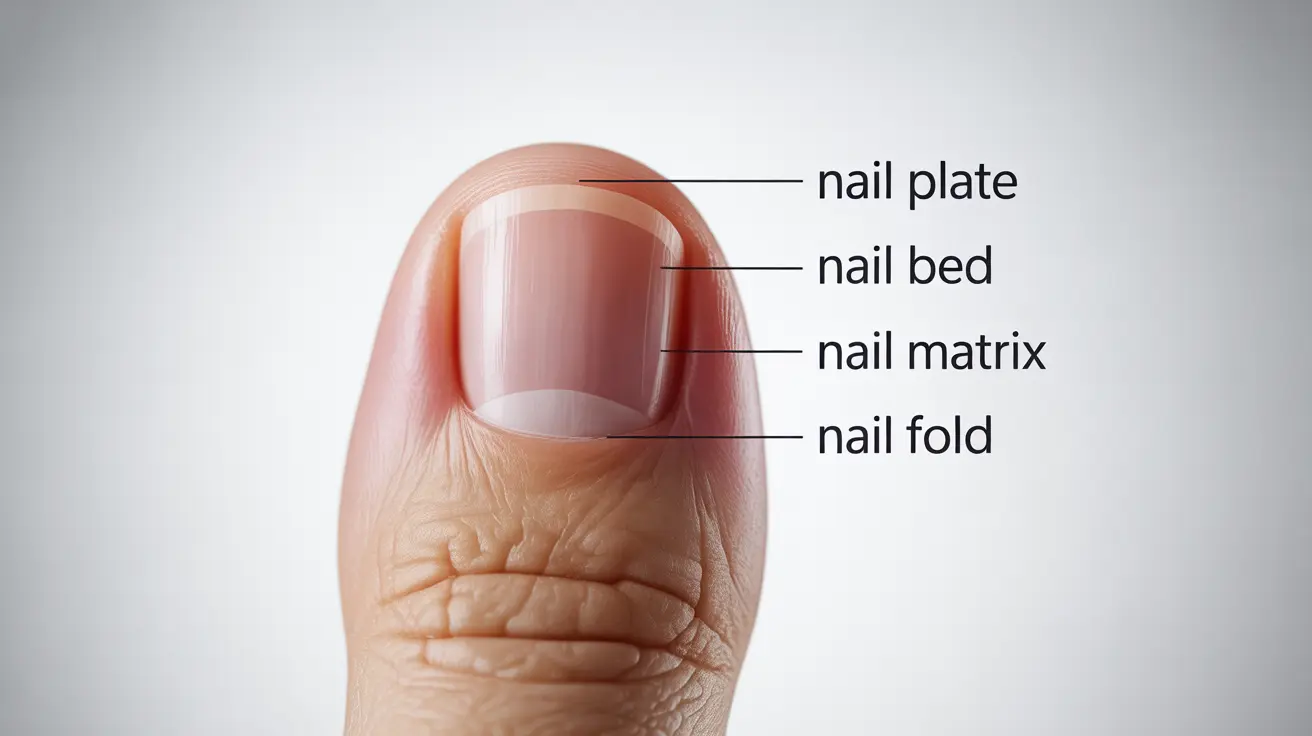Unfiltered cigarettes represent one of the most dangerous forms of tobacco consumption, posing significantly higher health risks compared to their filtered counterparts. While all tobacco products are harmful, understanding the specific dangers of unfiltered cigarettes is crucial for both current smokers and those considering their smoking habits.
This comprehensive guide explores the heightened risks associated with unfiltered cigarettes, their impact on lung cancer development, and important considerations for those looking to reduce their health risks.
The Increased Dangers of Unfiltered Cigarettes
Unfiltered cigarettes deliver substantially higher levels of tar, nicotine, and harmful chemicals directly to the smoker's lungs. Without the barrier of a filter, these cigarettes expose users to a more concentrated dose of carcinogens and toxic substances with each inhalation.
Research indicates that smokers of unfiltered cigarettes face up to a 40% higher risk of developing various types of cancer compared to those who smoke filtered cigarettes. This increased risk is primarily due to the direct exposure to unfiltered tobacco smoke and its associated carcinogenic compounds.
Understanding Lung Cancer Risk
The relationship between unfiltered cigarettes and lung cancer is particularly concerning. Studies have shown that individuals who smoke unfiltered cigarettes have approximately twice the risk of developing lung cancer compared to those who smoke filtered cigarettes.
Key factors contributing to this increased risk include:
- Higher concentration of tar exposure
- Increased inhalation of carcinogenic particles
- Greater exposure to radioactive elements in tobacco
- More direct contact with toxic chemicals
The Truth About "Light" and "Ultralight" Cigarettes
Many smokers mistakenly believe that switching to "light" or "ultralight" filtered cigarettes significantly reduces their health risks. However, research has shown that these alternatives offer little to no real health benefits compared to regular filtered cigarettes.
The primary reasons these alternatives don't reduce risks include:
- Compensatory smoking behaviors
- Misleading marketing claims
- Similar levels of harmful chemicals
- False sense of safety leading to increased consumption
Addiction and Health Impact
Unfiltered cigarettes typically deliver higher doses of nicotine, making them potentially more addictive than filtered alternatives. This increased nicotine delivery can lead to stronger physical dependence and make it more difficult for smokers to quit.
The heightened addiction potential often results in:
- More frequent smoking episodes
- Deeper inhalation patterns
- Increased daily cigarette consumption
- Greater difficulty in smoking cessation
Risk Reduction Strategies
For current smokers of unfiltered cigarettes, several evidence-based approaches can help reduce health risks:
- Switching to filtered cigarettes as a temporary step toward quitting
- Engaging with smoking cessation programs
- Utilizing nicotine replacement therapy
- Seeking professional medical support
- Developing a comprehensive quit plan
Frequently Asked Questions
How much more dangerous are unfiltered cigarettes compared to filtered cigarettes?
Unfiltered cigarettes are approximately 40% more dangerous than filtered cigarettes, with significantly higher levels of tar, nicotine, and carcinogens reaching the lungs. This translates to substantially increased risks for various smoking-related diseases.
What is the difference in lung cancer risk between unfiltered and filtered cigarettes?
Studies indicate that smoking unfiltered cigarettes approximately doubles the risk of developing lung cancer compared to smoking filtered cigarettes, primarily due to increased exposure to carcinogenic substances and tar.
Do "light" or "ultralight" cigarettes reduce health risks compared to regular or unfiltered cigarettes?
No, "light" or "ultralight" cigarettes do not significantly reduce health risks. These marketing terms are misleading, as smokers often compensate by smoking more frequently or inhaling more deeply, resulting in similar exposure to harmful substances.
Why are unfiltered cigarettes more addictive, and how does this affect health?
Unfiltered cigarettes deliver higher doses of nicotine directly to the lungs, leading to stronger physical dependence. This increased addictiveness often results in more frequent smoking and deeper inhalation, amplifying health risks.
What is the best way to reduce health risks if I currently smoke unfiltered cigarettes?
The most effective way to reduce health risks is to quit smoking entirely. However, if immediate cessation isn't possible, switching to filtered cigarettes while working with healthcare providers on a comprehensive cessation plan can be a stepping stone toward quitting completely.




